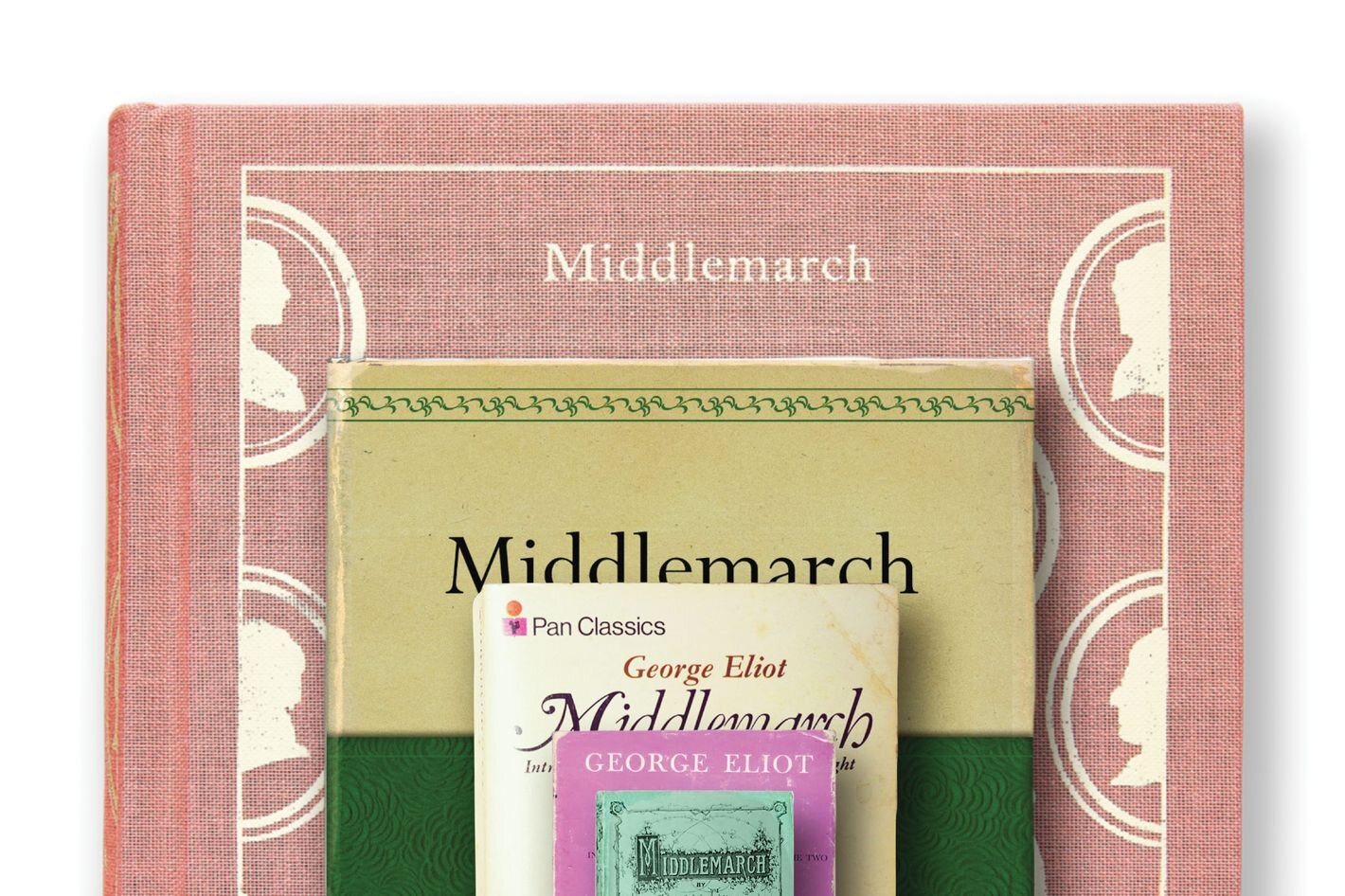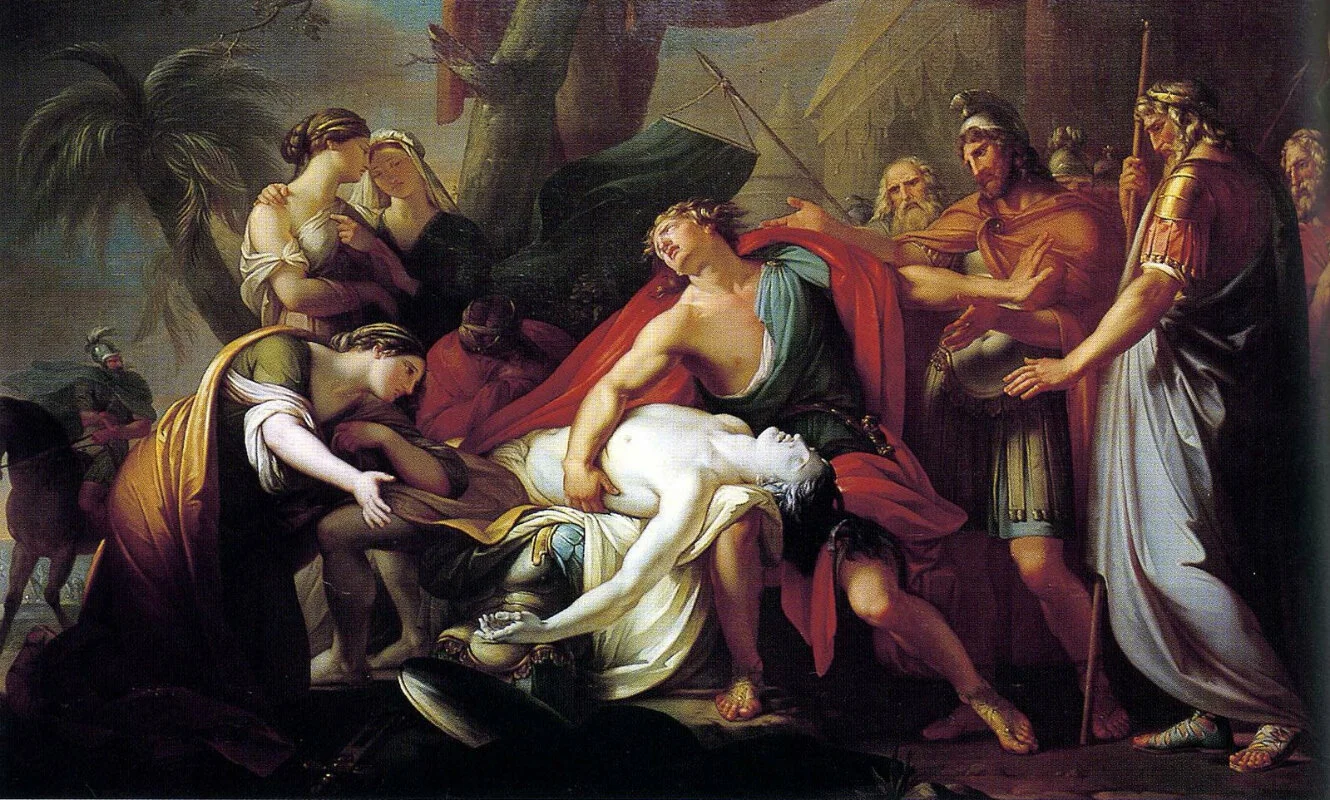Signed, Sealed, Delivered: Discovering Letter-Writing in Literature
When was the last time you received a hand-written letter? As an avid reader, I am mostly inspired to write a letter when I come across beautiful letters written by fictional characters. Here are some takeaways that I have discovered while reading letters from various books.
1. It enables you to speak the truth and say that you are sorry - Pride and Prejudice.
In this famous classic, Mr. Darcy’s letter to Elizabeth Bennet serves as a turning point to their relationship after she rejected his marriage proposal due to his interference in Mr. Bingley and Jane Bennet’s relationship and his mistreatment of Mr. Wickham.
To clear up Elizabeth’s misunderstandings, he elaborates extensively in a personal letter to her by explaining the reasons behind his actions. Firstly, he details his observations about Jane’s reserved behavior towards Mr. Bingley and the lack of propriety shown by her family members.
Secondly, he talks about how Mr. Wickham took his family’s money repeatedly and even attempted to elope with his younger sister, Georgianna. Additionally, as a gentleman, he also politely apologizes for the possibility of causing pain to Elizabeth and her sister, Jane.
“Pardon me. It pains me to offend you.” (Austen 169).
“On this subject I have nothing more to say, no other apology to offer. If I have wounded your sister’s feelings, it was unknowingly done…(Austen 170).
Here, the letter allows Mr Darcy to tell Elizabeth about his side of the story in a clear manner and enables him to convey his apologies to her sincerely.
2. It gives you another chance to say I love you - Persuasion
Another Jane Austen classic, this story features one of the most desperate and heartfelt love letters of all time. In the letter, we see Captain Wentworth gathering his courage to confess his love again to Anne Elliot after she rejected his marriage proposal 8 years ago.
“You pierce my soul. I am half agony, half hope.” (Austen 218).
“Dare not say that man forgets sooner than woman, that his love has an earlier death. I have loved none but you.” (Austen 218).
As soon as he realises Anne’s new stand on love and faithfulness (he was writing the letter when they were in the same room!), he passionately makes his intentions clear that he still loves her despite being heartbroken and she is the reason why he came to Bath. It proves that second chances are precious and true love is worth fighting for.
3. Your next new friend could just be a letter away - The Guernsey Literary & Potato Peel Pie Society
It is a mysterious and fun thing to look forward to when you suddenly receive a letter from a stranger that is living far away from you. This is what happened to Juliet Ashton, a columnist who receives a letter from Dawsey Adams and subsequently, the members of a book-loving community from Guernsey Island.
“I no longer live in Oakley Street, but I’m so glad that your letter found me and that my book found you.” Juliet’s first letter to Dawsey (Shaffer & Barrows 9).
“I wish I could do more for your welcome- I hope it will be soon. I am glad you are coming” From Dawsey to Juliet. (Shaffer & Barrows 113).
From one polite exchange of letters to get books (literally) to receiving more letters from others from the island on their shared love for reading while reminiscing about war histories and history, Juliet finds herself happily drawn to the various people that she has ended up writing to. With more letters being exchanged, Juliet finally sets sail to meet her beloved new friends for the first time in real life.
4. Your writings reflect your character growth - Daddy-Long-Legs
Jerusha (Judy) Abbott’s life experiences a 180-degree turn when an anonymous benefactor of her orphanage offers to send her to college to fulfil her dream as an author. In return, she needs to write monthly letters to him to report about her daily school life despite not knowing his real name and only catching a glimpse of his shadow and long legs.
“I love college and I love you for sending me—I’m very happy, and so excited every moment of the time that I can scarcely sleep.” - Judy’s second letter to Daddy Long Legs (Webster 13).
“Doesn’t it seem queer for me to belong to someone at last? It seems very, very sweet.” - Judy’s final letter to Daddy Long Legs (Webster 153).
Judy’s letters are poignant, descriptive, vivid and increasingly engaging as time goes by. She never holds back from writing about true feelings and by the end of the book, there is visible change in her writing style that proves to be more mature and polished.
Memorable, personal, therapeutic and most of the time, swoon-worthy, the art of letter-writing has certainly and will continue to stand the test of time.











